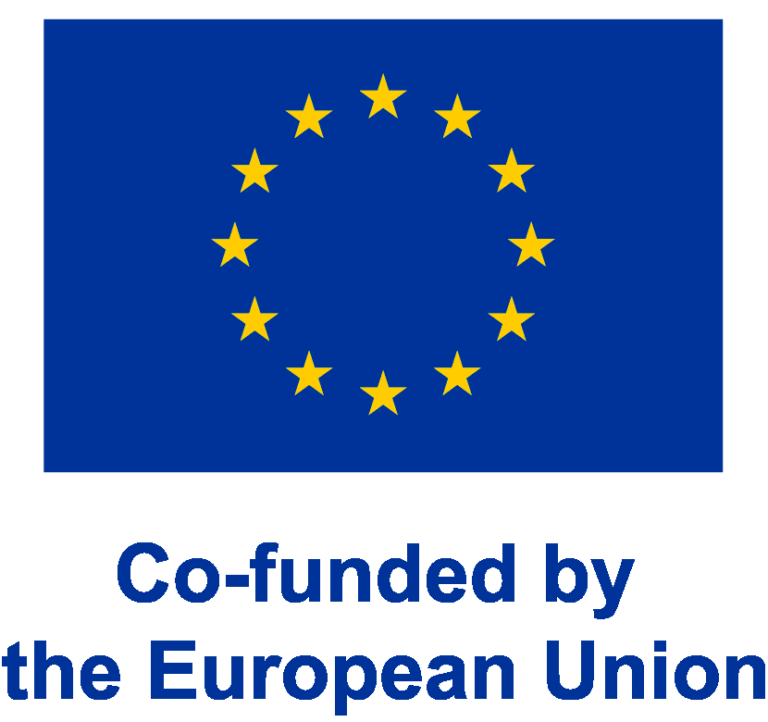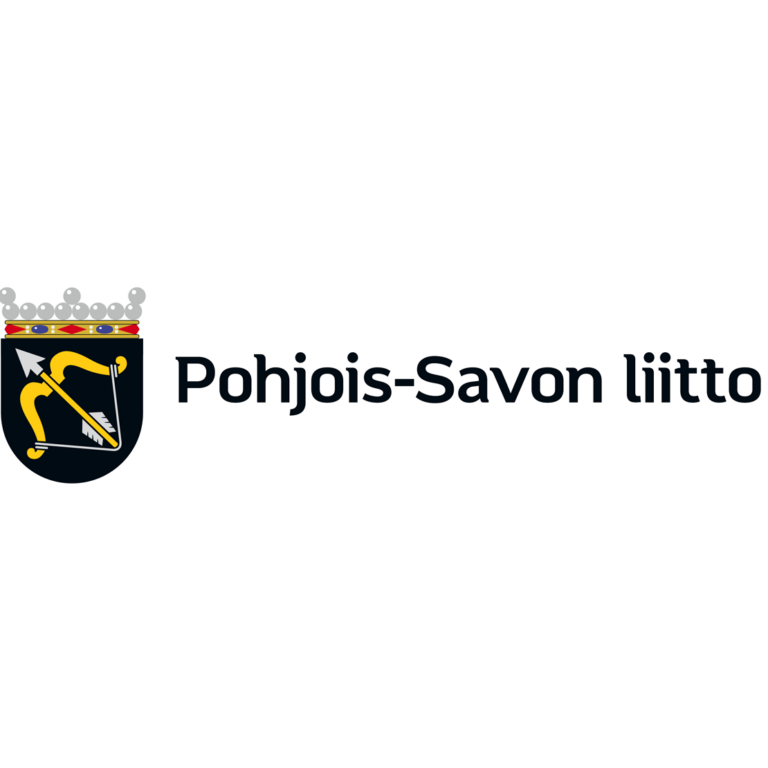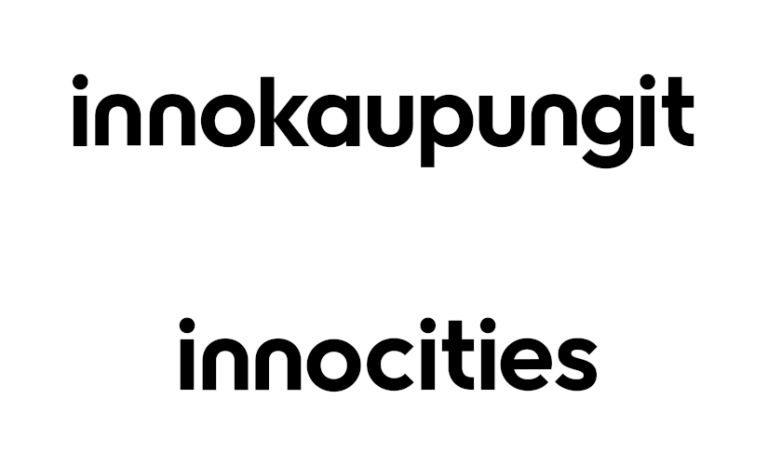
Health and wellbeing technology in Kuopio ecosystem agreement
Funders
Main funder


Other funders


Hanketta rahoitetaan Euroopan aluekehitysrahastosta (EAKR). The project is implemented by University of Eastern Finland, Kuopio Health (coordinator), Savonia University of Applied Sciences and Wellbeing Services County of North Savo.
Contact persons
-
Arto Mannermaa
ProfessorInstitute of Clinical Medicine, School of Medicine, Faculty of Health Sciences -
Markus Forsberg
DeanFaculty of Health Sciences
The vision of the health and wellbeing technology in the Kuopio ecosystem agreement is ”Kuopio Savilahti – The most attractive learning and innovation environment for smart solutions for health and wellbeing in Europe” by the year 2027. The aim is to enable the change of the health care towards sustainable and preventive model and create significant business environment with smart solutions. Here, the focus is on developing Kuopio Health innovation ecosystem to the leading research, development, and innovation platform in Finland.
The aim of the project is to take actions towards the vision of the ecosystem. Regarding the theme of smart solutions for health and wellbeing, the aim of the project is to create a plan for supporting innovations created with the ecosystem. Furthermore, the aim is to create a proposal for results and data based impact model for brain health. What comes to the theme of health data platforms, the aim is to enhance the collaboration, create an ecosystem level plan for the exploitation, and map the infrastructure used in the clinical trials. In addition, the project targets the increase in the international visibility and recognition of the ecosystem.
As a result of the project, the commercialization of the innovations created in the ecosystem will be faster, the collaboration between the research organizations and companies will be fostered, and the international collaboration will be increased. The concrete result data of the project will consist of mapping data, suggested measures of action, and documented plans, which are all used as background material for future day-to-day operations within the ecosystem.
